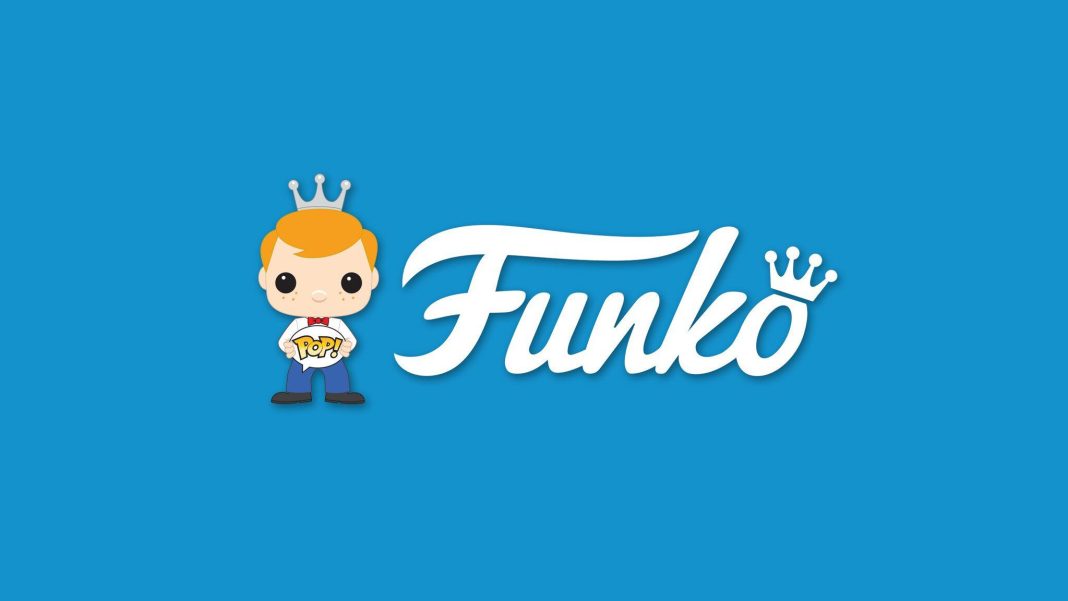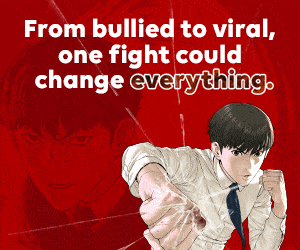The anime convention scene has been a vibrant hub for fans to meet their favorite creators and voice actors, especially those from Japan with massive North American followings. However, the recent developments surrounding the autographing of Funko Pop figures have sparked a debate on the best way to manage fan interactions while curbing the increase in scalpers.
Introduction
In 2023, Anime Expo (AX) in Los Angeles reached a critical juncture on this situation. The practice of vendors obtaining autographs on Funko Pop figures from Japanese guests and reselling them at inflated prices led to a significant policy change for 2024. AX, being the leading anime convention in North America, adopted a ticketed autograph system for the 2024 event and limited signed items to those approved by guests and their management. This decision set a precedent that rippled through the convention circuit, influencing other events to reevaluate their policies.
Two Cons, Two Different Approaches To A Growing Concern
Otakon, another major player in the anime convention landscape held in Washington DC, implemented a policy that initially allowed Funkos to be signed but imposed restrictions on the writing instruments used for the autograph. Despite these measures which were clearly communicated ahead of time, issues reportedly arose with scalpers demanding to use their own markers, which reportedly had ink that could be easily removed and those pens facilitated the erasure of personalized messages on the autographs, increasing their value on the otherwise insulated market.
Otakuthon of Montreal, Quebec, Canada took a different approach. The con operations introduced a $200 tax on Funko Pop autographs for Japanese guests. This move more effectively deterred scalpers, as the cost outweighed the potential resale value of multiple autographs. While some dedicated fans were willing to pay this premium, the price ensured that the proceeds went directly to the artists rather than resellers and scalpers. This controversial strategy appeared to be more effective than AX’s outright ban, though it favored those with the means to afford the expense of the tax. While most applauded Otakuthon’s implementation, others weren’t so happy.
Experts and fans weigh in
The situation highlights the ongoing struggle within the anime convention community to find a balance between providing fans with memorable experiences and preventing commercial exploitation that would offend Japanese guests and their representative companies, especially as anime cons enjoy an increased level of mainstream exposure following their widespread return over the past two years.
Collectors and memorabilia experts have also weighed in, openly wondering whether Funko POP autograph scalpers actually care about the product itself, as it seems the only value is in the autograph itself and the market for autographed POPs is itself confined to other scalpers, not the general POP collecting public. What’s going to happen when the value of the autograph collapses because no one wants to play the inflated prices for them? What more can be done to stop what are obvious groups of scalpers working together to monopolize the already limited time of Japanese guests for signing autographs?
Conclusion
The varied responses from AX, Otakon, and Otakuthon reflect the complexity of this issue and the need for innovative solutions that honor the spirit of these events while protecting the interests of all parties involved. Some solutions like the Otakuthon tax reflect how more work needs to be done to find a balance between accessibility and value, while the outright bans proposed by AX have sharply divided attendees, and Otakon’s attempt to curb autograph scalping inadvertently led to more problems with Japanese guests and autograph management.
It will be interesting to see how these policies develop and whether a standard approach can be established. For now, the community remains apprehensive and preferring a total blanket ban, with each convention experimenting with its own methods to address the challenges posed by the autograph market and scalpers. The ultimate goal of each convention remains clear: to celebrate the art of anime and the connection between creators and fans in a respectful and celebratory manner.












